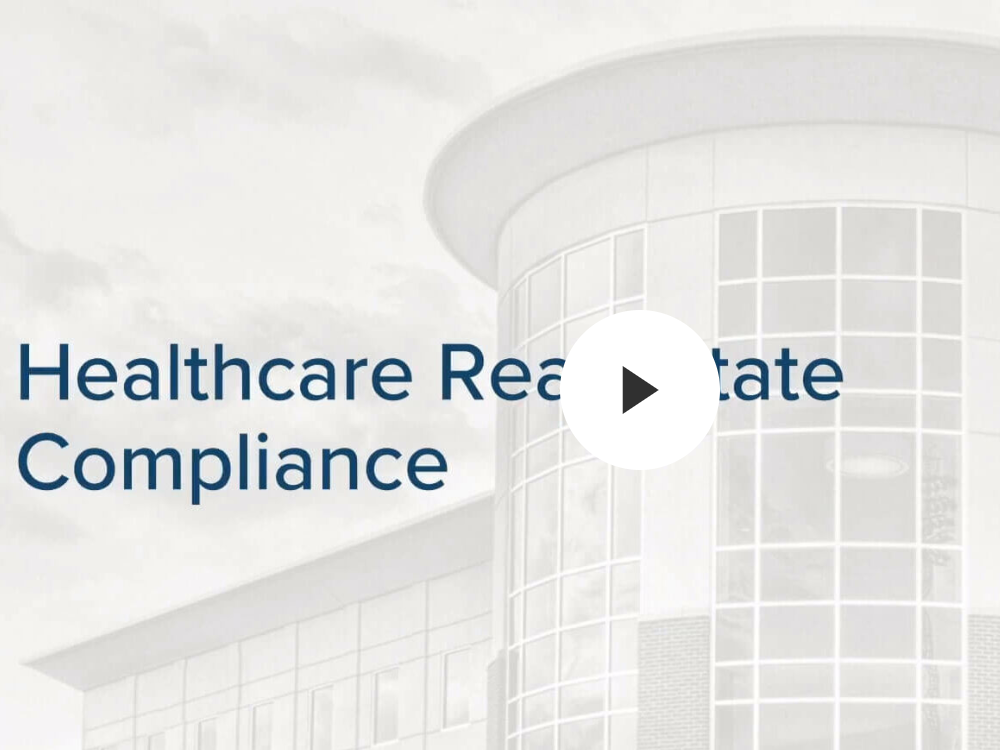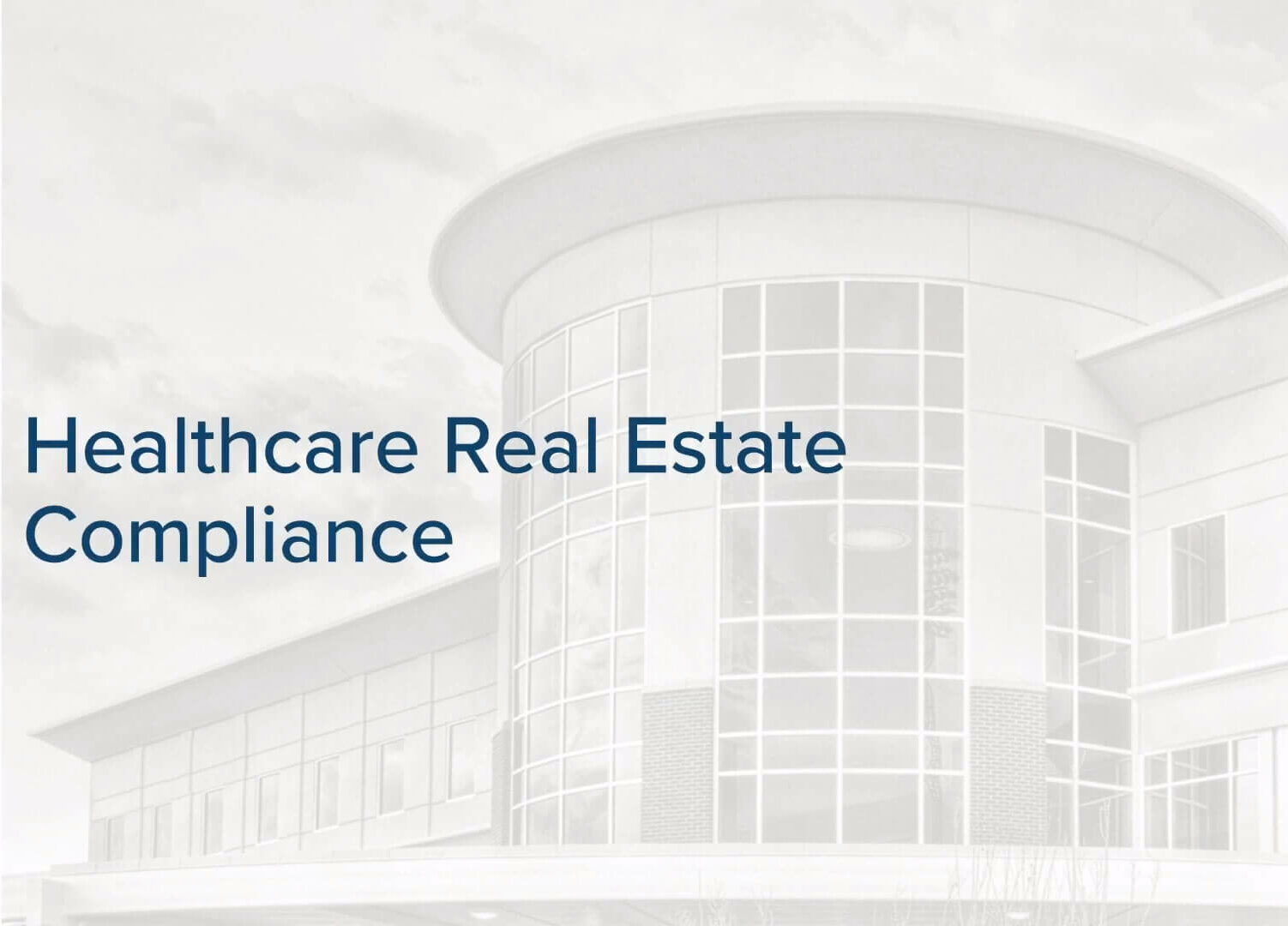
Realty Trust Group Discusses the Top 10 Most Common Real Estate Compliance Pitfalls
Healthcare real estate is unique because it is subject to various healthcare laws and regulations. As a result, healthcare lease arrangements with referral sources present various compliance pitfalls for healthcare providers, which can generally be categorized as either transactional or operational.
Transactional compliance pitfalls arise from structural deficiencies. For example, in healthcare, a lease arrangement with a referral source must be structured correctly and in compliance with the applicable healthcare laws. That would include, in part, making sure that the lease terms are commercially reasonable and consistent with fair market value. To read more about transactional compliance pitfalls, download our best practice, “5 Key Transaction Compliance Pitfalls.”
Structuring a transaction in compliance with the Stark Law, however, is only “half the battle.” An arrangement that manages to avoid transactional pitfalls may still lead to non-compliance if it is not administered correctly.
Operational compliance pitfalls result from the improper administration of healthcare real estate lease arrangements. Proper administration of real estate lease arrangements is just as important as ensuring that the arrangements are structured in compliance with the Stark Law and the Anti-Kickback Statute. A lease arrangement that is structured in perfect compliance with the law can still easily expose a healthcare provider to compliance violations if it is not properly administered. To read more about operational compliance pitfalls, download our white paper, “5 Key Operational Compliance Pitfalls Involving Hospital-Physician Lease Arrangements.”
To mitigate the risks posed by transactional and operational compliance pitfalls, developing and implementing an effective real estate compliance program is critical. An effective real estate compliance program will not only help healthcare providers avoid the enormous costs associated with non-compliant real estate arrangements, but it can also improve the overall efficiency of their real estate programs and ultimately help them provide better care to their patients.
Realty Trust Group provides a wide range of regulatory compliance consulting and advisory services, which range from providing specific transaction support for real estate arrangements with referral sources to helping healthcare providers develop and implement effective real estate compliance programs. We would be more than happy to discuss your specific healthcare compliance needs to determine how we can best serve you.
For more information on our compliance services, please visit our website here.




